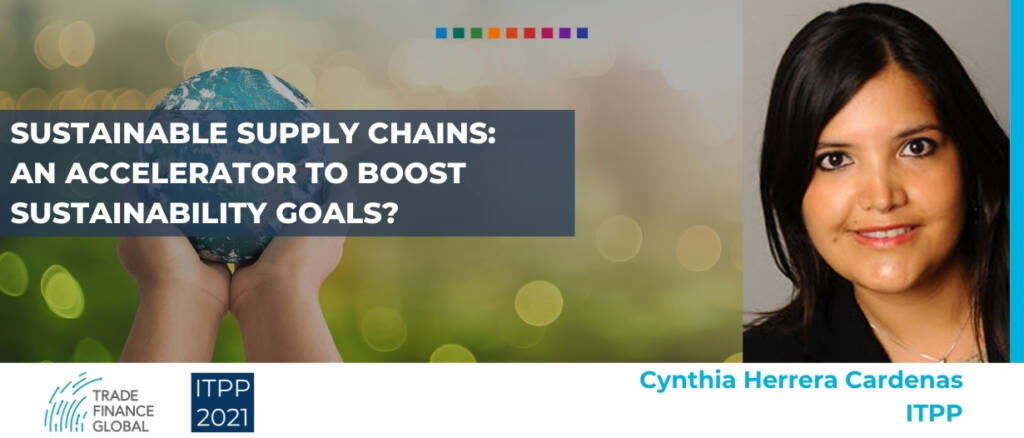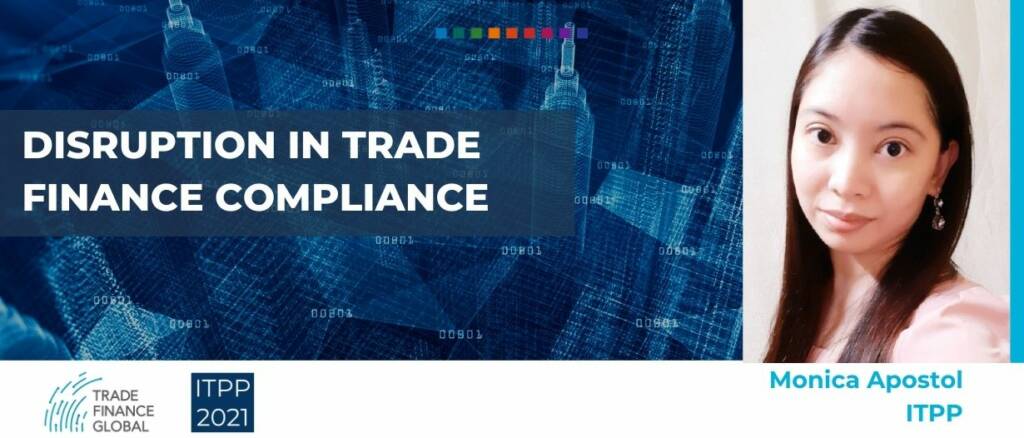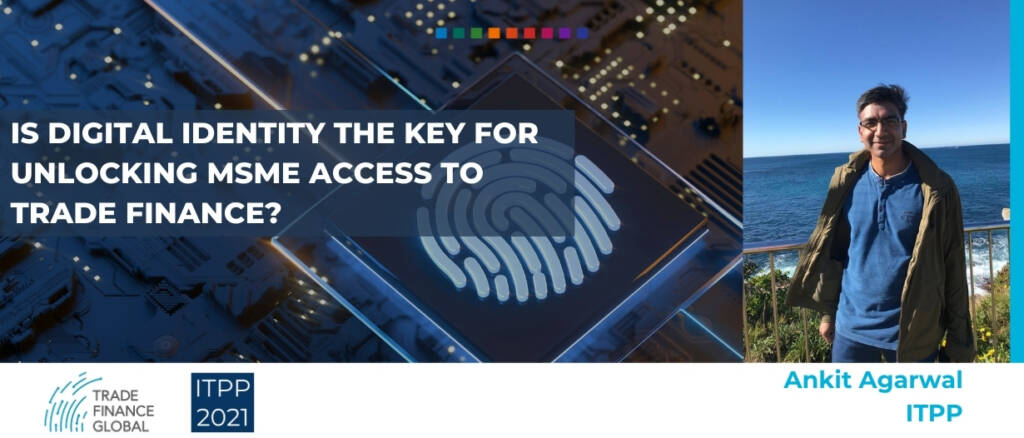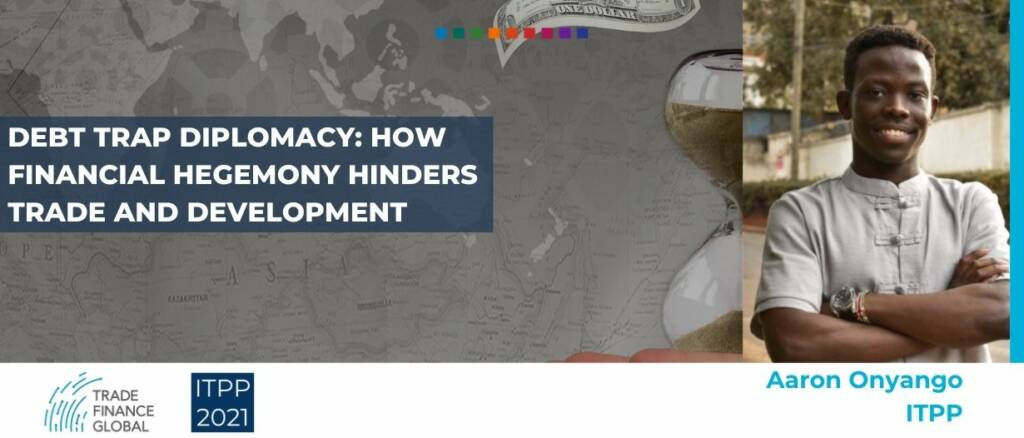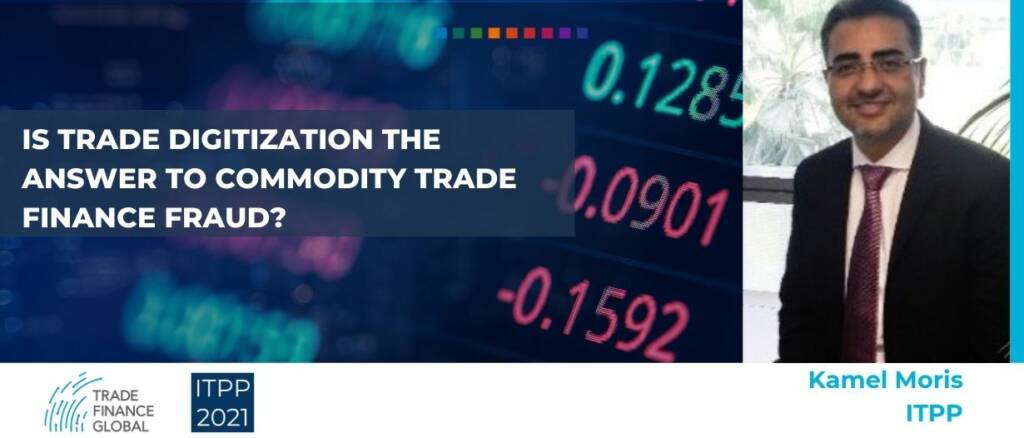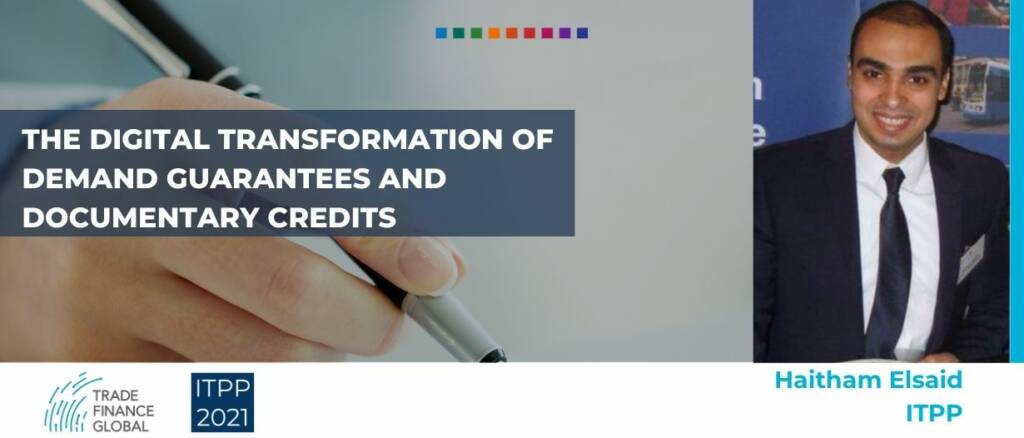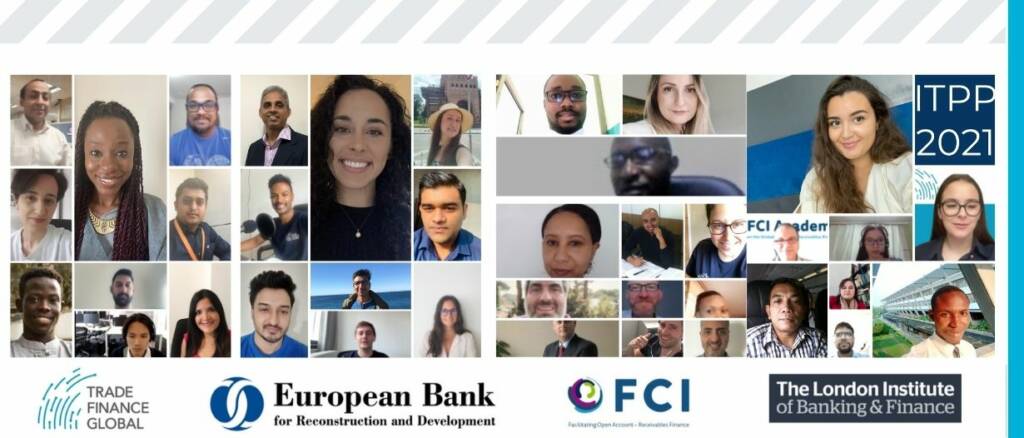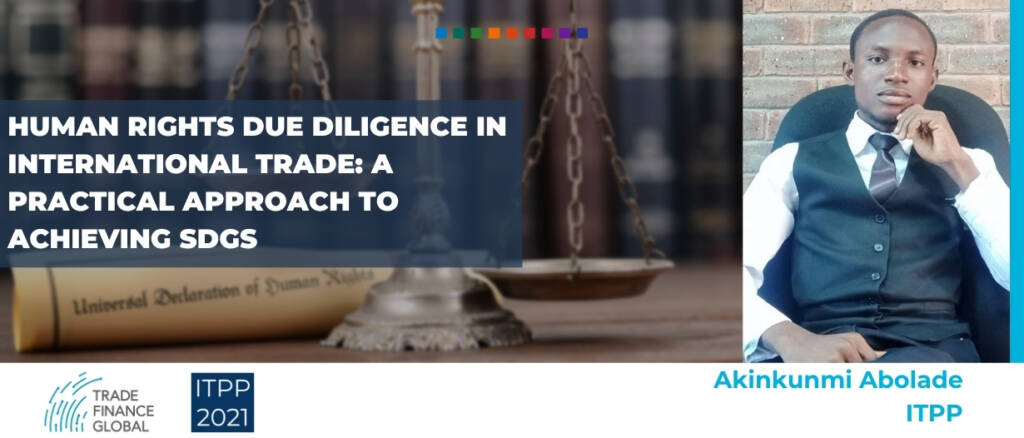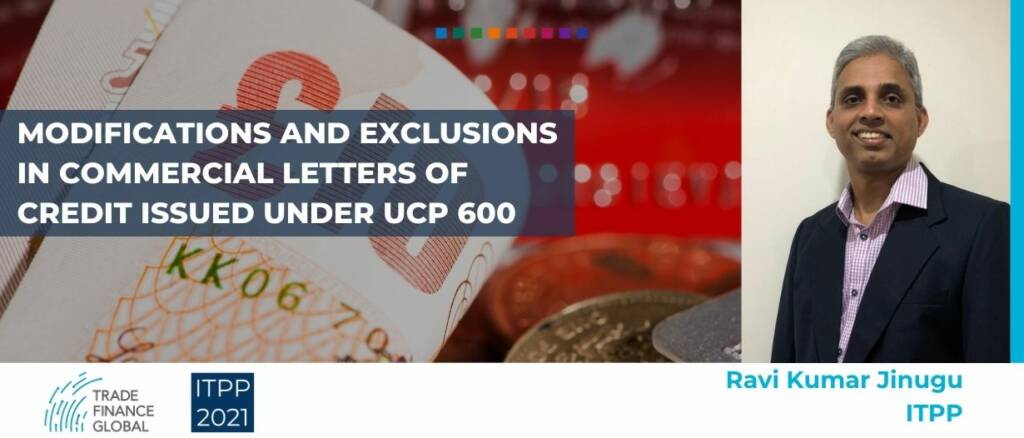In most countries, small and medium enterprises are important contributors to economic welfare. This is the main reason why a digitalized trade system can open more opportunities to further SME growth.
The magnitude and pressure around climate change and the United Nations (UN) agenda can give an opportunity to make a joint effort to transform supply chains more sustainable.
AI, internet of things, robotics – what do they mean for trade finance, particularly in the efforts to combat trade-based money laundering?
In a world of shrinking supply chains and digital connectivity, the concept of identity is continuously evolving. Is digital identity going to be the panacea to the age-old problem of MSME access to trade finance?
The notion of ‘debt-trap policy’ has elicited much debate about whether entities that deliberately flex their financial muscle to exert dominance over desperate countries exist. This work highlights its meaning, the actors, and its effects on trade and economic development.
Commodity trade finance fraud and losses, along with trade finance digitization, have emerged as common themes in trade finance recently.
The digital transformation of the banking operations of guarantees and documentary credits to shift from the paper-based and labour-intensive models to a digital trade ecosystem.
TFG, LIBF, FCI and EBRD, are pleased to announce the bronze and runner-up articles from this year’s cohort of the International Trade Professionals Programme/
This article posits that human rights due diligence is the most practical approach to addressing climate change concerns and achieving other sustainable development goals.
Since the inception of UCP 600, trade finance professionals, in particular, the letter of credit community, have been discussing the need for and consequences of modifications and exclusions to the rules in commercial LCs issued under UCP 600.
















